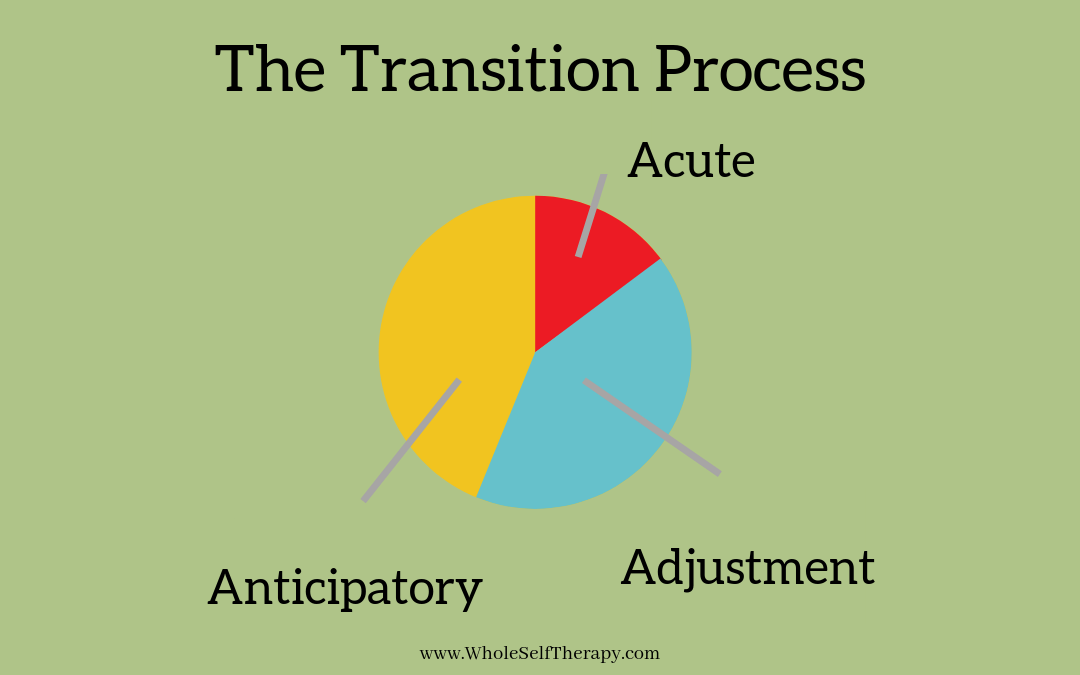
How Often Should I See My Therapist?
How often should I see my Therapist?
“How often should I plan to come see you?” This is a question I often get from prospective clients early on in our work together. My answer: every week.
Therapy is a unique relationship, and has the potential to be one of your most powerful relationships. A psychotherapeutic relationship holds the possibility for transforming lifelong patterns of relating to others in ways that ultimate don’t serve you. Do you:
- Tend to get into conflicts with the people closest to you and later regret how you handled the situation?
- Ghost your friends or intimate partners when things get tough?
- Feel emotional overwhelm when stresses are high?
- Choose not to share your needs with others out of the fear of being a burden?
- Feel abandoned when others don’t respond to your efforts to connect immediately?
These are all ways of relating that can be hard to recognize in ourselves and even harder to change. Often, exploring these dynamics, or ways of relating, is a part of the work of therapy.
The key word when it comes to therapy is relationship.
There is a saying among therapists “it’s the relationship that heals.” The saying was coined by Irvin Yalom, a therapist and author, and it speaks truth to how therapy actually works.
The wounding that causes individuals to reach out for help in the first place was caused in a relationship. And the healing for that wound takes place within the context of a relationship.
And relationships take time to build, effort to maintain, and must be valued as a priority if they are going to be effective at upending long-standing patterns.
But what if I can only afford to visit my Therapist every-other week?
First, I would encourage you, if you are in this position, to really soul-search on this one. Can you truly not afford to go to therapy weekly, or does the idea of having to meet your therapist every week inspire anxiety or dread? Does it feel too intense or overwhelming?
If this is the case, consider sharing this information with your therapist so they can help. Perhaps making weekly meetings something you can work toward could be beneficial while also allowing you to go at a pace you can feel comfortable with to start.
If you can afford it, I strongly encourage you to commit to it. You will feel more progress, sooner. Psychotherapy is not necessarily something that one is meant to enter into forever more. It is intended to be a healing, supportive, or skills-based training experience for a period (or many periods) in your life. Make it a priority in your budget if and when you are feeling that you need it, and when that piece of work is complete (that issue has resolved, that pattern is upended, or that goal has been attained), suspend your therapy for as long as you like.
Reading the Headlines
One analogy I often use involves coming to therapy twice a month is like reading the news headlines. You come in, “read me the highlights” and we get caught up just in time for our session to be complete. Then you’re off for another two weeks. There isn’t enough time to read through the entire story of what’s happening, nor is there time to really explore how what is happening is affecting you and how we might work to manage or mitigate those impacts.
I often say to my clients “I would rather see you for six-months doing weekly sessions than for a year of every-other week.” Why? Because we can go deeper, accomplish more, and you’ll get more out of it.
I know this from my decade of working in private practice and experiencing both weekly and bi-weekly schedules with my clients.
But what if I can only come to therapy monthly?
Monthly visits are not in-depth psychotherapy. They are check-ins. And check-ins are fine under certain circumstances:
- If you have been doing weekly therapy for months or years and want to continue your meetings with your therapist to feel the benefit of continued support after making significant strides on your goals.
- When you have a very specific issue that you want to consult about with your therapist.
If you are just starting out in therapy, monthly meetings are likely going to prove frustrating and the odds that you’ll stay the course long enough to see the benefits are slim.
What if I want to come to counseling more frequently?
Occasionally I meet with people more than once a week. If you find yourself in a situation that is deeply distressful and you feel that you’d benefit from multiple sessions a week, let me know.
Are there resources for low-fee therapy so that I can work weekly with a therapist whose rate is within my budget?
Yes! Check out Open Path Psychotherapy Collective to find therapists offering sliding scale spots for therapy in the range of $30-$60.
Questions for me about my practice? Contact me today!





